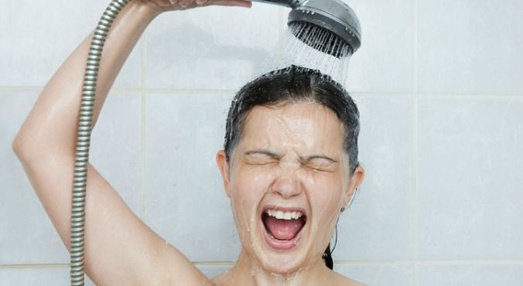When your own immune system doesn't recognize you, when your body turns against you, against its own organs and kills itself little by little, that's what we call an autoimmune disease. These are growing and flourishing in recent years, for example: Crohn's diseaseLupus, Hashimoto's Thyroidism, Rheumatoid Arthritis, Addison's Disease, Multiple Sclerosis and many more. These diseases are of the chronic inflammatory type and they evolve by relapse over time.
What is the immune system?
It is a system that allows the organism to define what belongs to it and what does not. It is able to sort out and destroy unwanted elements. So viruses, bacteria and other germs that are said to be foreign and exogenous will then be eliminated from our body. By creating specific antibodies and lymphocytes, the body can fight off unwelcome enemies. This is, of course, the case with a smoothly functioning immune system that is not overwhelmed by disease.
Scientific research in recent years has led to evidence that there are environmental factors that increase the risk of contracting this type of disease. Indeed, external elements can be responsible for our health or aggravate their impact on our body. This is why it is important to take control of one's lifestyle and adapt it for optimal physical well-being.
An autoimmune disease means that the body, the immunity, turns against our own organs. So let's quickly make the link between hygiene and the proliferation of microbes. It has been shown that developed countries like ours have the highest percentage of autoimmune diseases because we are the populations that wash the most and use the most antibiotics. Indeed, the more we kill our bacteria, the more we sanitize ourselves, the less our body has to work to kill germs and make our immune system work. As a result, the organism no longer knows how to self-regulate. Our pollution and the microbes we live with are sometimes necessary for our immune system to work properly.
Let's forget about the aseptization which can be a danger
- Let's adapt our hygiene and our washing frequency by bathing or showering. Let's find a middle ground by showering once a day, which is more than enough, and advising our non-pubescent children who have not sweated like adults to shower only every other day, or even every third day. A baby, a child is not soiled by one day. A simple wash-up with a sink and clean water is sometimes enough to remove the small dirt of a child's daily life.
- Let's also adapt our antibiotic intake if and only if it is necessary and there is no other solution.
In fact, this type of medication neutralizes everything in its path and no longer gives the immune system the opportunity to defend itself.
Let's give our children the chance to protect themselves.
What can also be demonstrated by scientific evidence is that children who do not live in sanitized and chemically cleaned places are less affected by this kind of diseases but also by allergies or asthma for example. Let's not prevent our children from getting dirty in the countryside, from rolling around in the grass or from playing on the floor on tiles that have not been cleaned a few minutes earlier, the microbes they will come into contact with may be necessary to create a functional immune system.
Excess is bad for everything.
Don't mix everything up though, a healthy lifestyle is necessary for our physical and mental well-being. Let's just not be stubborn about the dust and the intensive and abusive scrubbing.